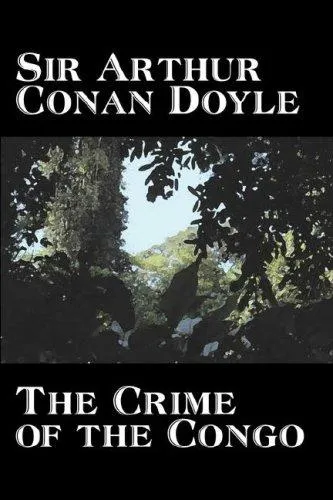Two of the reformers who led the effort to stop the carnage in Africa were Edmund Dene Morel and Roger Casement, upon whom Conan Doyle based the characters of Edward Malone and Lord John Roxton in The Lost World. Although these two were later discredited and Conan Doyle repudiated them, his involvement with the tragedy of the Belgian Congo not only influenced The Crime of the Congo, but also his classic, The Lost World. The book was intended as an expos of the situation in the so-called Congo Free State (labelled a "rubber regime" by Conan Doyle), an area occupied and designated as the personal property of Leopold II of Belgium and the serious human rights abuses occurring. Indigenous people in the region were being brutally exploited and tortured, particularly in the lucrative rubber trade. Sir Arthur Conan Doyle wrote many more novels, stories and works of nonfiction than the immortal tales of Sherlock Holmes. His interests, also, were broad-ranging.
Arthur Conan Doyle
Arthur Conan Doyle was a British writer best known for creating the iconic detective character Sherlock Holmes. Born in 1859 in Edinburgh, Scotland, Doyle studied medicine before turning to writing. His most notable works include the Sherlock Holmes series, featuring novels such as "A Study in Scarlet" and "The Hound of the Baskervilles." Doyle's writing style is characterized by intricate plots, attention to detail, and sharp deductive reasoning. His contributions to literature include popularizing the detective genre and creating one of the most enduring and beloved characters in literary history. "The Adventures of Sherlock Holmes" is considered his most famous work and continues to captivate readers worldwide. Doyle's impact on the detective genre is immeasurable, and his legacy as a master storyteller lives on to this day.

